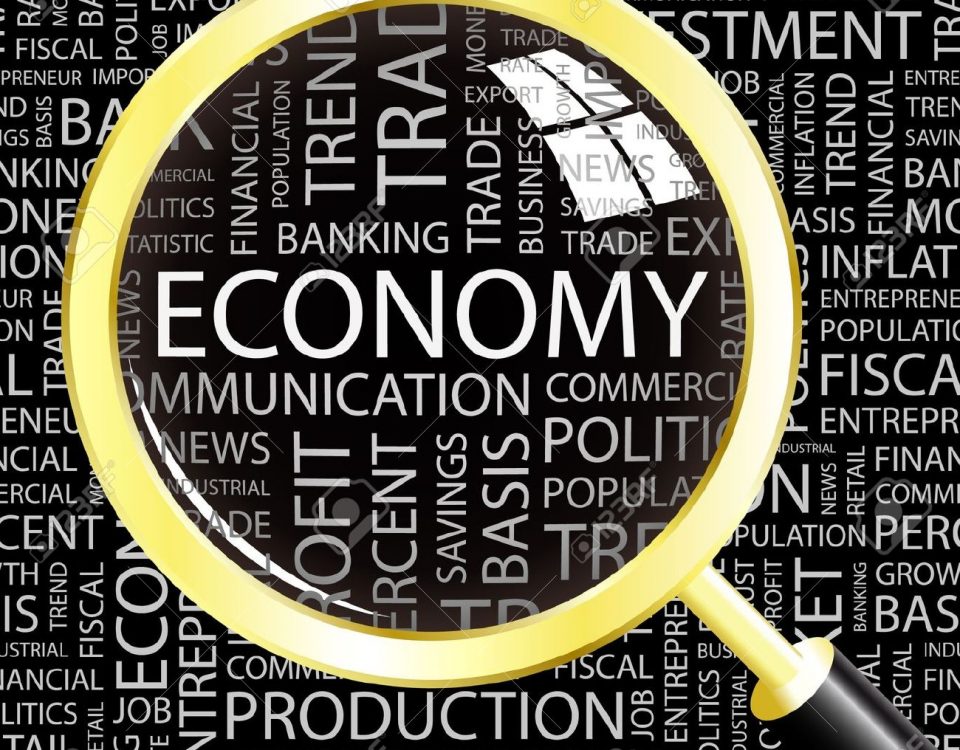Africa’s leaders, along with everyone else interested in US-Africa relations, have waited eight months for US President Donald Trump’s administration to explain its Africa policy. We aren’t there yet.
But in recent weeks Trump has indicated the level and extent of his interest. And, senior African affairs officials at the State and Defence Departments are at last attempting publicly to outline US goals and objectives toward Africa. This, apparently without much guidance from their president.
Trump’s inaugural address to the UN General Assembly said little about Africa – barely one paragraph towards the end. One sentence praised African Union and UN-led peacekeeping missions for “invaluable contributions in stabilising conflicts in Africa.” A second praised America, which
continues to lead the world in humanitarian assistance, including famine prevention and relief in South Sudan, Somalia and northern Nigeria and Yemen.
The next day Trump hosted a luncheon for leaders of nine African countries –Cote d’Ivoire, Ethiopia, Ghana, Guinea, Namibia, Nigeria, Senegal, Uganda, and South Africa. Only his welcoming remarks have been published but they are nearly devoid of policy content or guidance. His opening gambit reminded me of a 19th century colonialist hoping to become rich, as he proclaimed:
Africa has tremendous business potential, I have so many friends going to your countries trying to get rich. I congratulate you, they’re spending a lot of money….It’s really become a place they have to go, that they want to go.
Trump called on African companies to invest in the US. Then, shifting to security cooperation, he urged Africans to help defeat Islamist extremists and the threat from North Korea.
The American president proposed no new presidential initiatives for Africa. But, at least, he did not say those launched by predecessors were a waste of money and would be ended. Nor did he mention opposition to foreign assistance generally. He also did not mention his renunciation of the Paris Climate Accord and refusal to fund Green Climate Fund. Both are crucial for Africa’s adaptation to global warming.



